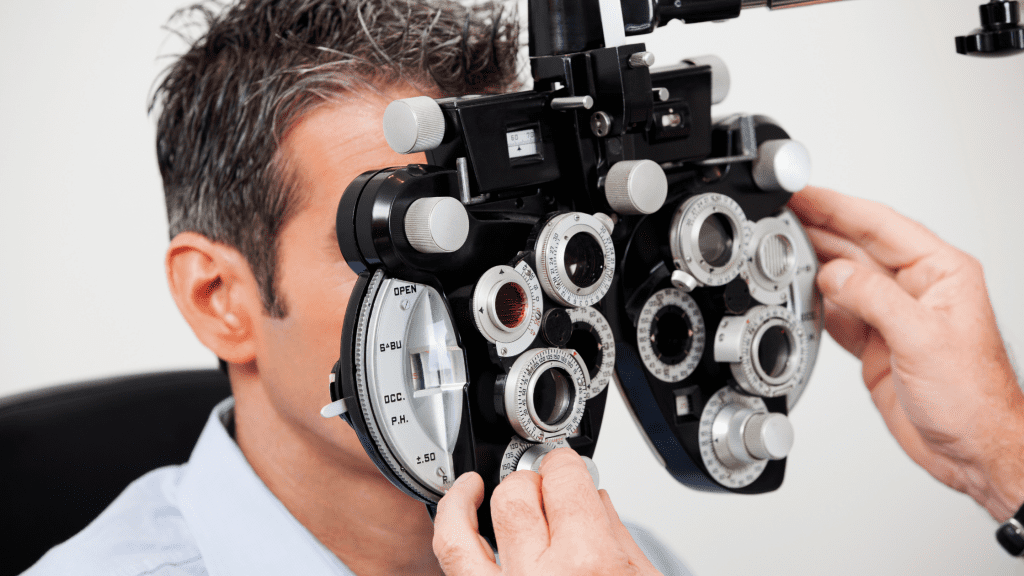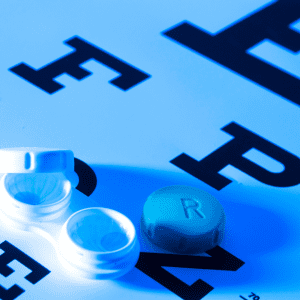Eye Doctors: Caring for More Than Your Vision
 It may come as a surprise, but your eye doctor does much more than evaluate your eyesight and prescribe glasses. The old saying, “the eyes are the windows to your soul” is truer than you might think.
It may come as a surprise, but your eye doctor does much more than evaluate your eyesight and prescribe glasses. The old saying, “the eyes are the windows to your soul” is truer than you might think.
Your eyes are guides to revealing your overall health. So, let’s peek closer into eye exams and how they can help far beyond simply improving your vision.
During the exam, your eye doctor will look for eye conditions that silently point to complications from:
High Blood Pressure
When your eye doctors perform comprehensive eye exams, they can tell if your blood pressure is consistently high. High blood pressure can lead to a heart attack, stroke, or even death if left untreated.
Diabetes
Left uncontrolled, diabetes will seriously harm your eyes. Diabetes increases the risk of losing your eyesight and developing diabetic retinopathy, which occurs when the blood vessels carrying blood to your retina get damaged from elevated blood sugar levels. 
Pregnancy
Pregnancy causes many changes to the body. Some of these symptoms, including fluid retention, high blood pressure, and hormonal fluctuations can cause pregnancy-related vision changes. Other common symptoms are dry eye (which can ironically cause excessive tear production), redness, blurred vision, and scratchy eyes.
Too Much Screen Time
Pinpointing the exact amount of screen time that is considered excessive is difficult and subjective. However, many people look at screens for more than seven hours per day. Studies have found that increased screen time leads to eye strain, dry eyes, and nearsightedness (myopia). Using blue light glasses is an option that can lessen your chance of having those symptoms.
Yearly eye exams help ensure your eyes remain healthy and provide a health boost. Because an eye doctor evaluates and considers your family history, age, and risk factors of disease, this can help steer you towards proper health screenings at the right time. Combined with treatment from your primary care provider, an eye doctor can help power up your overall condition.
Another time to see your eye doctor is after eye injuries that require emergency medical attention at a hospital. Your eye doctor can later help rule out and treat potentially severe damage.
Hopefully this information has been eye-opening (pun intended). Our bodies have ways of signaling us when something is wrong. Likewise, eye diseases are commonly the result of chronic health issues. Your eye doctor could be the first line of defense in heading off a critical problem. We urge you to take each aspect of your well-being seriously, especially your vision.
If you are ready to schedule your comprehensive eye exam, please contact The Eye Center, with locations in Huntsville and Madison, at 256-705-3937. We look forward to seeing you.
